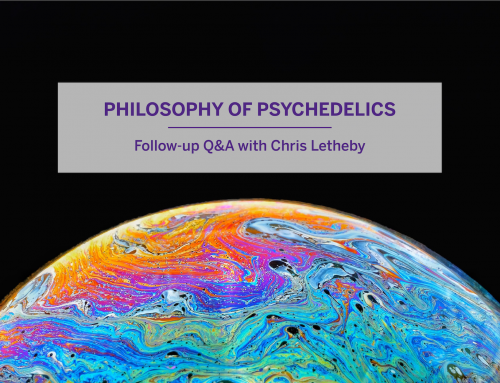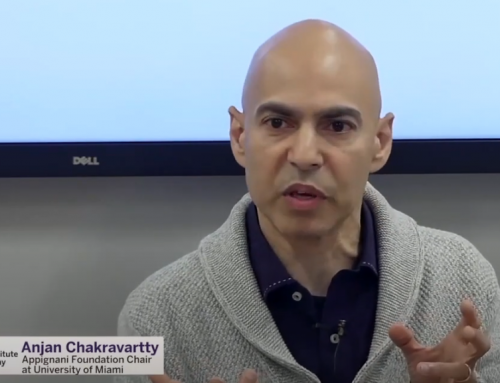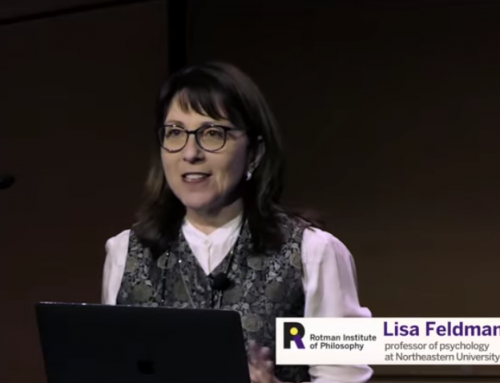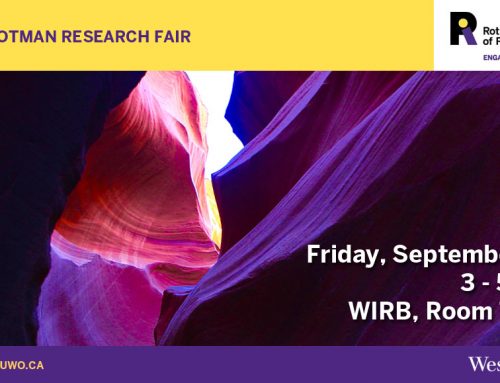What is a scientific theory? How does it get empirical meaning? What are its linguistic status and formal characteristics? 50 years ago, the advent of the semantic view of scientific theory marked a departure from the ‘received view’ or syntactic approach, according to which a theory is given by a system of axioms (definitions and laws) in a given language that can receive an interpretation by being put in correspondence with observables. In contrast, for the semantic approach a theory is characterized by a class of models (the structures of which the theory holds true), expressed in any language. In the semantic approach, the role of a theory as representation is key.
Bas van Fraassen gives us a historical overview of the semantic approach, and offers us an appraisal of the current state of the discussion. Central in this talk is the characterization of models and their semantic properties: their role in interpretation and inference and the assessment of their empirical adequacy.






